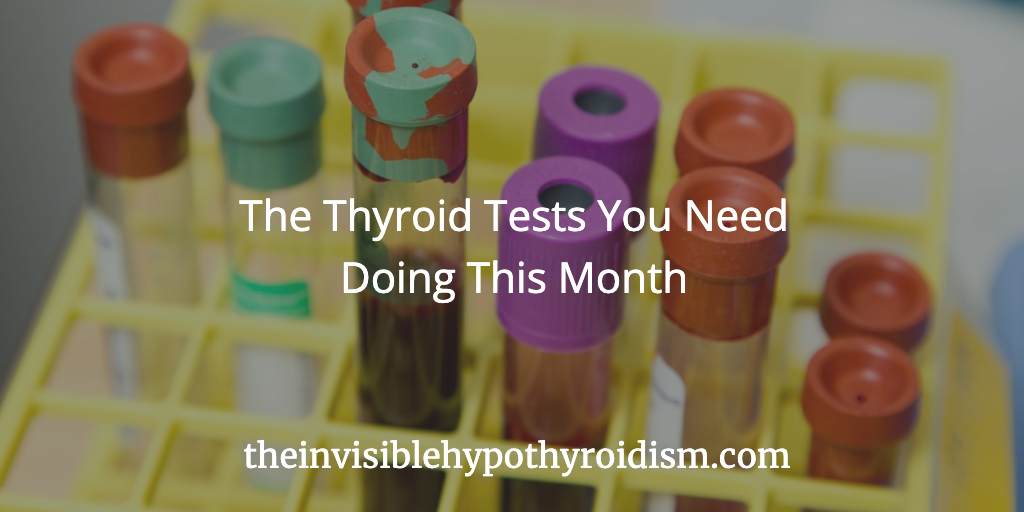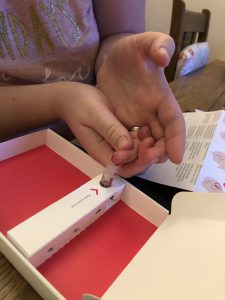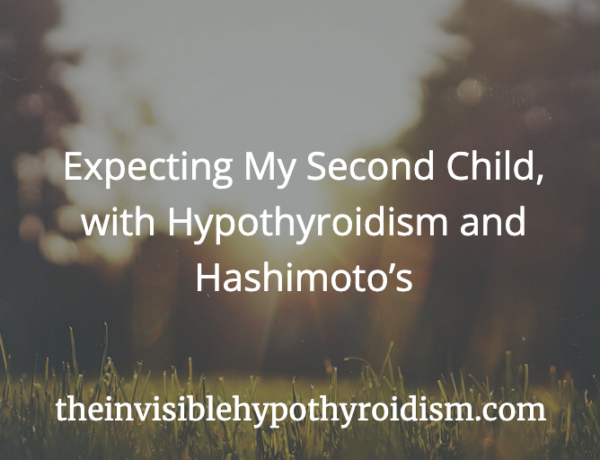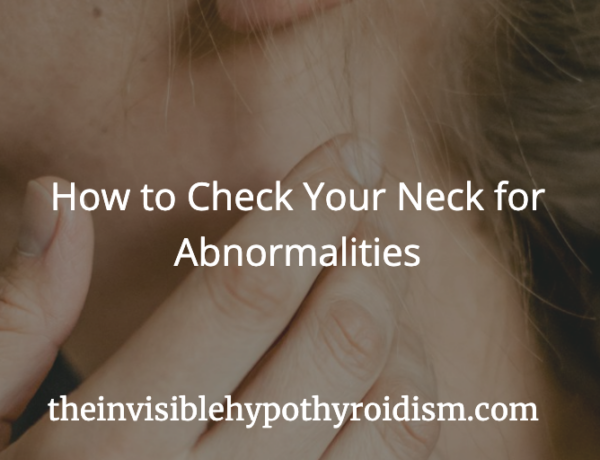Originally published on 1st March 2020 Last updated on 28th February 2025
Many people living with hypothyroidism, also known as an underactive thyroid, are not receiving full thyroid testing and monitoring. Even though the full thyroid panel (also referred to as a ‘thyroid function test’ in the UK) consists of five tests, a lot of doctors only run one; TSH.
The luckier thyroid patients among us may manage to get them to test two or three, but rarely are all five checked routinely. The problem with this? We’re not getting the full picture of our thyroid health, including whether we’re bring optimally treated and on a path back to good health with a thyroid condition.
What is The Full Thyroid Panel?
A full thyroid panel includes:
- TSH (Thyroid Stimulating Hormone)
- Free T3
- Free T4
- Thyroid Peroxidase Antibodies
- Thyroglobulin Antibodies
‘Reverse T3’ is often also stated to be part of the full thyroid panel of testing, but not always. (see here why testing Reverse T3 is often controversial and why I’m dubious about whether it’s truly useful. I lean more towards ‘no’, however, you will see other thyroid resources suggesting we must have it checked.)
The above collection of tests give a comprehensive overview of your thyroid function and levels, to help produce the most accurate treatment plan for you, so that you can begin to feel better and eliminate frustrating thyroid symptoms such as: fatigue, weight gain, depression, acid reflux, cold intolerance, muscle pain, hair loss, headaches and more.
The Thyroid Tests You Need Doing This Month
Every year, March is Autoimmune Disease Awareness Month, which is important and relevant to many of us with hypothyroidism, as 90% of us also have the autoimmune disease Hashimoto’s Thyroiditis, which is the cause for our hypothyroidism. [1]
Yet a lot of people do not seem to know if their hypothyroidism is of the autoimmune kind and this can play a big part in the managing of their thyroid condition. For many, they are on thyroid hormone replacement medication such as Levothyroxine, Synthroid, Armour etc. yet still have many symptoms, despite being told that their thyroid levels are ‘optimal‘.
Why is this? If their hypothyroidism is autoimmune, then taking thyroid medication alone doesn’t address the autoimmune aspect.
Autoimmune hypothyroidism (Hashimoto’s Thyroiditis) is diagnosed via the two antibody tests listed in the bullet points above; Thyroid Peroxidase Antibodies and Thyroglobulin Antibodies. Hashimoto’s is diagnosed from these tests results being above range. But many of us never even have them checked!
When Hashimoto’s isn’t well-managed (and usually because the diagnosis is missed due to not running the appropriate testing), the thyroid gland continues to dysfunction and loses more and more of its function over time. This can result in further thyroid medication dosage increases, worsening symptoms and struggling to ever get your thyroid condition under control.
Confirming that my hypothyroidism was caused by Hashimoto’s, and getting Hashimoto’s in remission, formed a huge part of my recovery from thyroid disease. Taking thyroid medication alone wasn’t enough to get my health back. I also had to treat the Hashimoto’s. But the first step was actually confirming that I had it.
Many doctors will not test thyroid antibody levels, but it is worth knowing that you can order them yourself – just as I did – if they will not.
Where Can I Order Thyroid Antibody Testing From?
A popular place you can order testing is with Medichecks, who cover the UK
You can order the all important thyroid function test which includes antibodies.
The test I most often order myself is the Advanced Thyroid Function Blood Test, which checks the full thyroid panel (including antibodies) as well as vitamins and minerals such as Vitamin D, B12, Ferritin and Folate.
Results are then securely emailed to you with commentary made by their in-house doctors, letting you know how to proceed with your health. Discounts on these already inexpensive tests are often available, so do check online first before buying.
You can also use the discount code INVISIBLE10 for 10% off
With it being Autoimmune Disease Awareness Month, it is so important that fellow thyroid patients know just how important it is to check thyroid antibodies.
What Difference Does It Make If You Do Have Hashimoto’s?
Having Hashimoto’s means that you we should ideally be looking at calming down and lowering any high thyroid antibody levels. By doing so, the attack against the thyroid is slowed down or even halted, meaning that symptoms disappear and recovery can begin.
Finding out that I had Hashimoto’s (and off the charts, too) has been a major part of treating and managing my hypothyroidism, as what has helped get the Hashimoto’s under control and reversed, has made the biggest overall improvements in my health that got me back to the health I remember pre-diagnosis of hypothyroidism.
Related Article: Why It’s Important to Know if You Have Hashimoto’s
I always suggest that we thyroid patients empower ourselves by becoming our own thyroid advocate and understanding what is going on with our health. It makes such a difference.
After hitting a point where I couldn’t bear to live any longer, in physical pain 24/7, where the thought of work, socialising and keeping up appearances made me break down because I couldn’t pretend I was ‘fine’ any longer, I decided to take back my health and you can too. Don’t ignore this crucial part of your thyroid jigsaw puzzle. Confirm whether you have Hashimoto’s and get that managed as well as the hypothyroidism.
Have you ever had your thyroid antibodies checked?
You can click on the hyperlinks in the above post to learn more and see references to information given.
References:
[1] https://www.ncbi.nlm.nih.gov/pubmed/3066320







